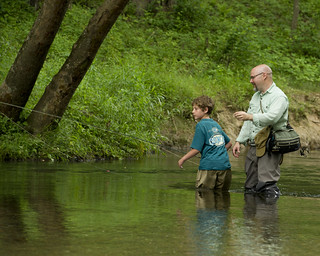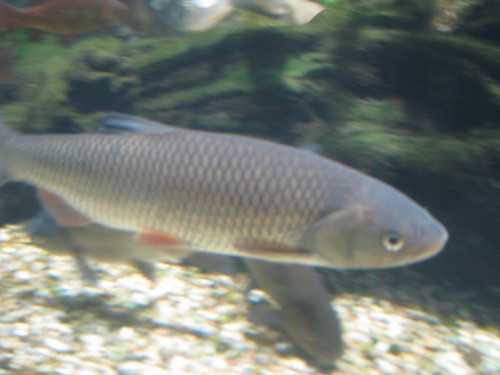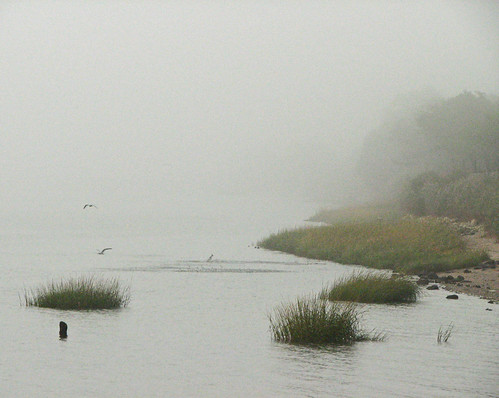Unless you live in a cave, you have been captivated by the sea. One of the best ways to enjoy the world’s seas is through the ancient sport of fishing. People have enjoyed the thrills of catching fish for tens of thousands of years. Read on for some tips that will guarantee that you catch some fish.
If you’re fishing at the bottom using a shad, be sure to cut your bait’s tail prior to placing it into your hook. The lack of a tail keeps the shad from twirling and tangling up your line as it sinks to the bottom. Fish will be more attracted to the scent of the cut bait.
When fishing, clothing and gear that blends in color-wise with the scenery is crucial. Fish don’t see all that well, but they can see colors, so colors that contrast with the environment may scare them away. Wear earth tones.
Wet your hands before pulling the fish in. Doing this will keep the fish skin from dying out. This holds true when you must release the fish into the water afterward.
Plumper live bait is much more appealing to fish; it also is easier to place on your fishing hook. Allow the bait to fatten up overnight before your fishing trip. Use a flat container lined with newspaper to store the worms, and place it in the refrigerator overnight. Cooler temperatures combined with higher humidity helps fatten worms.
Many expert fishermen use lighter grubs. Try grubs that are white or yellow. Salt and pepper colored grubs are also very popular with the fish you want to catch. Translucent grubs are generally mixed with metal-colored flecks so that they can reflect light and boost your catch. When you can’t catch anything, switch over to a grub which matches the color of the water.
You might be discouraged and irritated when it comes to fishing in places that have lots of plants and weeds around. While these things may be an annoyance and cause your line to sang, fish love to feed on the bugs that hang around this vegetation and it is likely you will catch more fish there.
Smaller Fish
Look for clues on the water when you deep sea fish. This may come in the form of debris in the water. Often larger fish lurk where the smaller fish are taking refuge. Another great clue is gulls feeding on smaller fish, which tends to indicate large fish also nearby.
When you are fishing, it’s important to have the right equipment for every situation. You may be up in the air about whether to take fake lures or live bait. Different fish will require different lures.
It is very important that you know what type of bait attracts the fish that you wish to catch. Catfish like to eat raw chicken livers while bream eat crickets or other insects. When you try using the incorrect bait for the type of fish that you want to catch, it is unlikely that you will have any success.
Before angling in your chosen spot, make sure to obtain any licenses that are requires for fishing there. In the US, for example, each state issues its own license, and these are available for either a single day or an entire year.
Humans have fished since ancient times, in almost all cultures around the globe, and even today it is an activity that we enjoy as a sport and pastime. Try the tips you just read to help improve your fishing skills. These tips allow you to bring home fish to feed your family, just like your ancestors did; however, you have the benefit of freezing your catch and eating it later.


